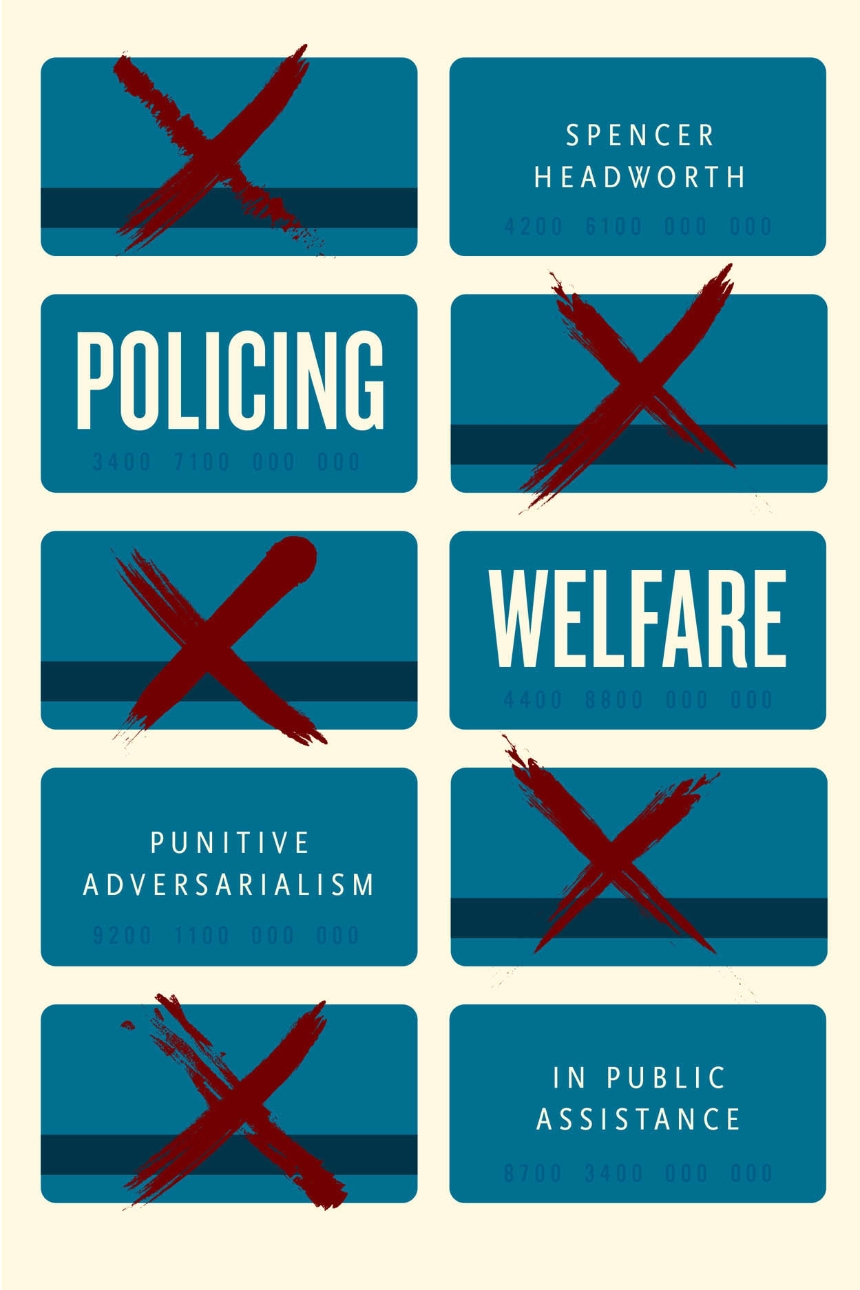Policing Welfare
Punitive Adversarialism in Public Assistance
9780226779362
9780226779225
9780226779539
Policing Welfare
Punitive Adversarialism in Public Assistance
Means-tested government assistance in the United States requires recipients to meet certain criteria and continue to maintain their eligibility so that benefits are paid to the “truly needy.” Welfare is regarded with such suspicion in this country that considerable resources are spent policing the boundaries of eligibility, which are delineated by an often confusing and baroque set of rules and regulations. Even minor infractions of the many rules can cause people to be dropped from these programs, and possibly face criminal prosecution. In this book, Spencer Headworth offers the first study of the structure of fraud control in the welfare system by examining the relations between different levels of governmental agencies, from federal to local, and their enforcement practices. Policing Welfare shows how the enforcement regime of welfare has been constructed to further stigmatize those already living in poverty and deepens disparities of class, race, and gender in our society.
Reviews
Table of Contents
List of Abbreviations
Chapter 1. The Strings Attached
Chapter 2. One Nation, Finding Fraud
Chapter 3. The Mill and the Grist
Chapter 4. The Welfare Police
Chapter 5. Occupational Frames and Identities in Fraud Control Work
Chapter 6. Fraud Control as Performance
Chapter 7. The Blame Game
Chapter 8. Finding Welfare Rule Violators
Chapter 9. Conclusion
Acknowledgments
Appendix
Notes
References
Index
Chapter 1. The Strings Attached
Chapter 2. One Nation, Finding Fraud
Chapter 3. The Mill and the Grist
Chapter 4. The Welfare Police
Chapter 5. Occupational Frames and Identities in Fraud Control Work
Chapter 6. Fraud Control as Performance
Chapter 7. The Blame Game
Chapter 8. Finding Welfare Rule Violators
Chapter 9. Conclusion
Acknowledgments
Appendix
Notes
References
Index
